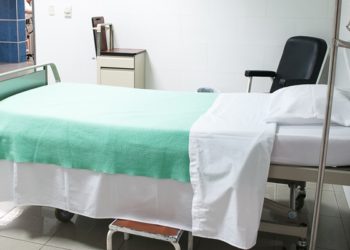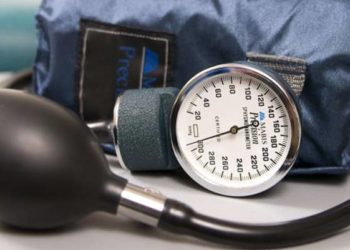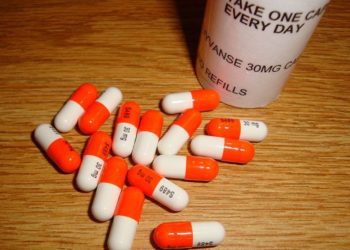USPSTF review supports ambulatory blood pressure monitoring
1. For ambulatory systolic blood pressure measurements, an increase of 10 mmHg was linked to an increased risk of stroke and cardiovascular events.
Evidence Rating Level: 1 (Excellent)
Study Rundown: Hypertension, blood pressure higher than 140 mmHg systolic and 90 mmHg diastolic, is a leading risk factor for mortality, but the best protocol for blood pressure (BP) monitoring and screening is unclear. From a review by the US Preventive Service Task Force (USPSTF) of the evidence of ambulatory blood pressure screening, each 10 mmHg increase in systolic BP was linked to an increased risk of stroke and cardiovascular (CV) events. Furthermore, many of those with elevated BP on home or ambulatory screening were still hypertensive on repeat testing. From an analysis of factors that influence BP, leg crossing, caffeine consumption, advanced age and being overweight/obese, but not smoking, were linked to elevated BP measurements. Finally, one good-quality RCT found that pharmacy-based BP screening was associated with significantly reduced the rate of acute myocardial infarction. One limitation of this systematic review is that the scope of the review did not include analysis of potential harms from unnecessary treatment due to screening. Overall, this review illustrates the importance of ambulatory measurements in the diagnosis of hypertension.
Click to read the study, published today in the Annals of Internal Medicine
In-Depth [systematic-review]: This systematic review of 19,309 abstracts and 1171 articles was independently evaluated by two investigators. The sensitivity of the office-based measurements for untreated patients used in these studies ranged from 51-68%, with one study with a more rigorous threshold reaching 91%. A 10mmHg increase in the systolic ambulatory BP measurement was linked to a significantly increased risk of stroke in 4 studies, where the hazard ratios (HR) ranged between 1.28-1.40, and increased cardiovascular events in 6 studies (HR range= 1.11-1.42). Predictive value of home-based BP monitoring in 5 good-quality studies was linked to increased risk of CV-events and mortality (HR range=1.17-1.39). On home and ambulatory screening, 6 good and 21 fair-quality studies demonstrated that 35-95% of patients with elevated blood pressure were hypertensive on retesting. A few studies found no significant difference in distress or quality of life in patients misdiagnosed hypertensive or unnecessarily treated.
More from this author: Multidrug induction therapy increases remission from lupus nephritis, Sofosbuvir plus ledipasvir may be effective in chronic HCV after viral relapse, Clinicians frequently unaware of the presence of central venous catheters, USPSTF recommends routinely screening asymptomatic women for chlamydia and gonorrhea, Key drugs reduce fracture risk in osteoporosis, Troponin use for suspected coronary syndrome limited in chronic kidney disease
Image: PD
©2014 2 Minute Medicine, Inc. All rights reserved. No works may be reproduced without expressed written consent from 2 Minute Medicine, Inc. No article should be construed as medical advice and is not intended as such by the authors, editors, staff or by 2 Minute Medicine, Inc.








